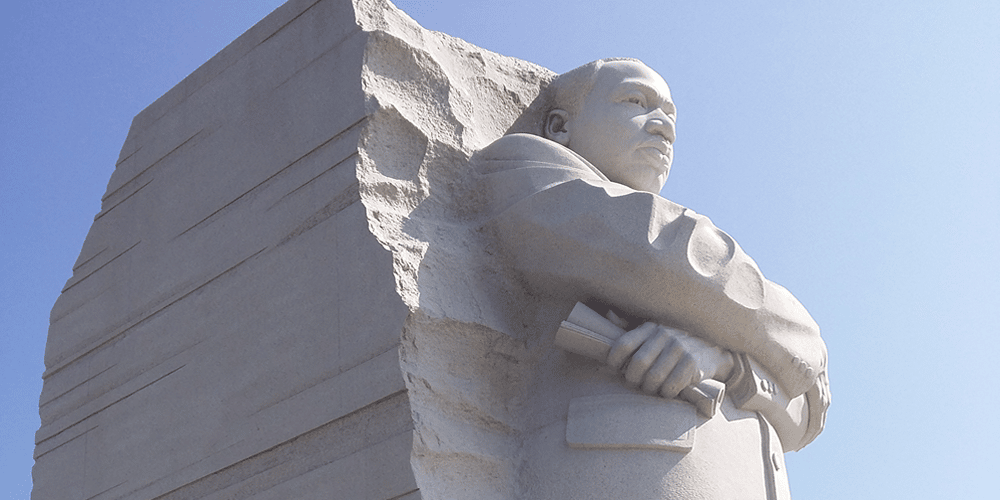
Battling for civil rights through pro bono service
On Monday, January 15, America celebrates Martin Luther King Jr. Day, a National Day of Service, to encourage people to volunteer in their communities and advance social equity across the country. Volunteering your skills and experience is one way to serve your communities on this holiday.
At Taproot, honoring Dr. King’s legacy reminds us of the work ahead to create real social change and the importance of remaining aware of the civil rights issues which continue to plague our society. We are also reminded of the power of pro bono service and its early roots in our country’s civil rights movement.
In 1963, President John F. Kennedy realized we were facing a crisis and urged lawyers to use their skills to fight for civil rights in the courtroom. He created The Lawyers’ Committee for Civil Rights Under Law, dedicated to upholding civil rights protections by encouraging attorneys to share their expertise pro bono and advocate for those who face discrimination. It also opened law centers staffed by top lawyers to work pro bono in the South. In the ’70s and ’80s, their work became commonplace nationwide, dedicated to issues ranging from school desegregation to employment discrimination.
What these lawyers did, standing up to the anger and fear that pervaded the South, and advocating for justice and equality under the law, was a manifestation of the work of Dr. King.
Honoring the history of the pro bono movement
An outgrowth of the beginnings in the legal profession has grown to skilled volunteering beyond the courtrooms—and into the business community. Here at Taproot, we work to advance Dr. King’s legacy by engaging business professionals in pro bono service. Unlike traditional corporate volunteering, pro bono service connects nonprofit and business professionals who use their time and talents to work together toward a shared vision. Pro bono service manifests MLK’s vision of a future of collaboration built on mutual respect to advance equity.

